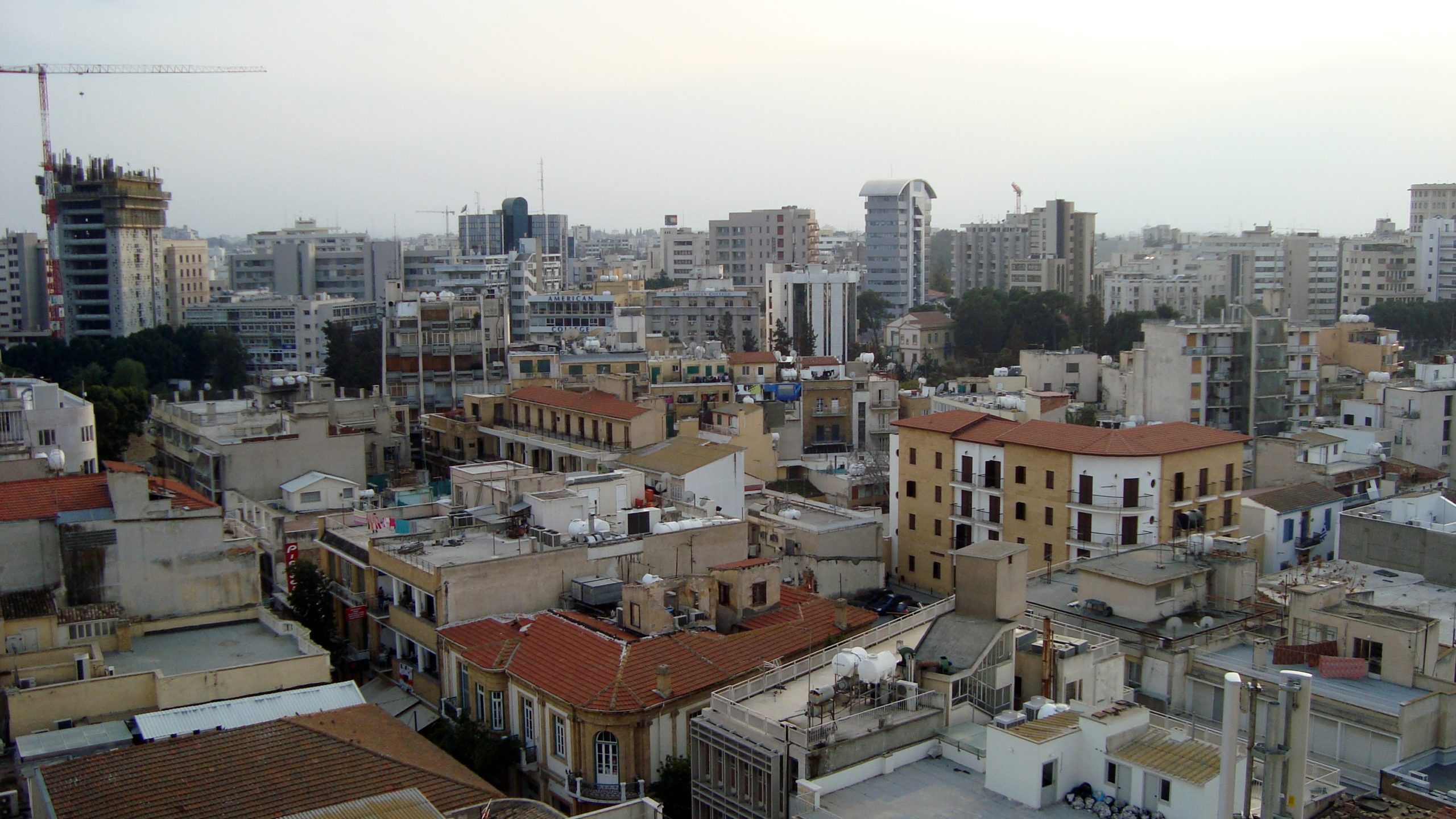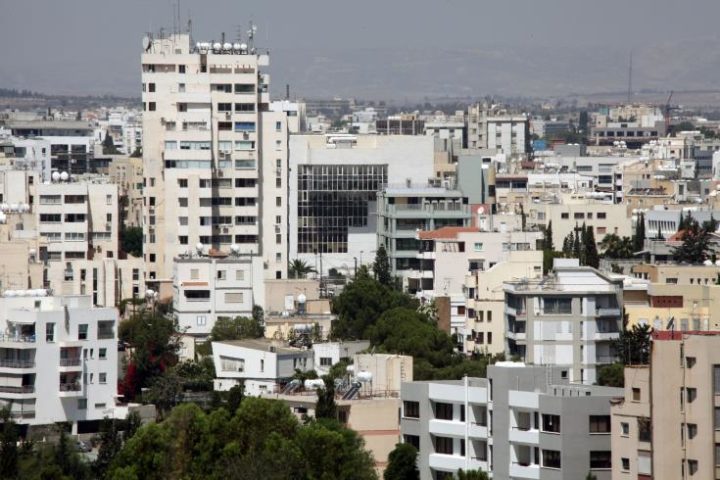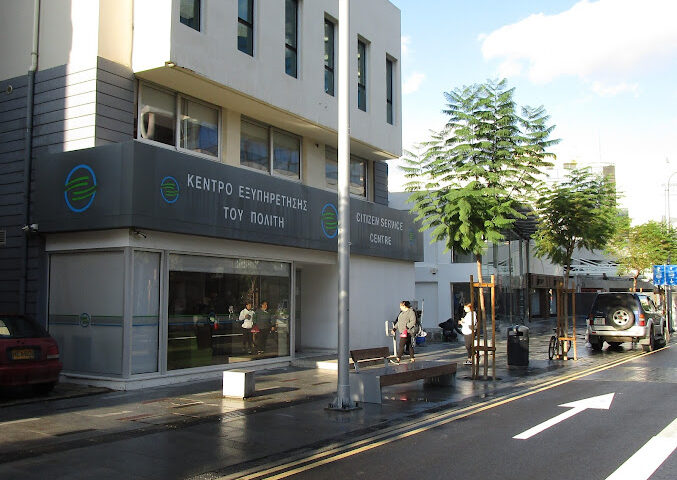By Antonis Loizou
Acquisition of land/building plots as an investment, either for future capital appreciation/development was up until recent years more of a national sport.
Due to the boom years up to 2008 for the real estate market when prices increased at a very fast rate and with positive sales prospects, investing in land made a lot of sense.
Since the commencement of the recession, however (end 2008) demand for this type of property was reduced considerably, causing a freeze and even reduction in values, especially for agricultural and land with no immediate development prospects.
The market has started to improve after 2016, be it that values are still below the pre-recession levels.
Nowadays demand directs itself towards building plots for residential development for locals and it refers to the town periphery mainly forthcoming for private housing development. Central towns plots having a building density above 100%-120% are also now in demand mainly forthcoming from developers, who are now in competition to provide residential apartments directed towards locals, rather than those for the foreign market (restricted in the seaside towns and for chosen locations).
Commercial plots are a somewhat unpredictable market due to the oversupply of shops and with no widespread demand for offices.
Land in the tourist areas has a keen market following the improvement of the industry and the good demand for holiday homes.
Land along or near the beach and close to marinas, also attract interest, but suitable plots are quite pricy limiting their ready market.
At this point in time values for such properties are at a constant level and landowners are not keen to dispose of their holdings and as such supply comes mainly from foreclosure deals by the financiers and from investment firms.
Industrial land is not in good demand save those plots near the harbours and locations such as Nicosia and Limassol have a higher interest than others (considering also that in industrial areas there are ready buildings for occupation).
The recent announcement of the Minister of Interior that the prevailing building densities adopted are low and suggested that they should be increased by at least 20%, has added to the speculation for such properties.
Right now, its wait and see what the new provisions of the planning zones will be (expected to be introduced within the next couple of years).
The residential market seems to be leading the recovery and demand for plots close to colleges and universities is high while student numbers increase at a fast rate.
So, this type of property has the most positive future (whereas the lack of small studio-1bedroom units, show an increase in rental levels by 30% recently).
Land suitable for tower blocks, whose demand is mainly directed towards the visa/passport investment scheme, might be in trouble, due to the recent events restricting this scheme as well as the pending/expected new limitations on the interested buyers and we even read suggestions that this investment scheme should be abolished.
As such their future depends on what sort of restrictions will be introduced (in addition to the expected resale of the already acquired units, which will be coming on to the market over the next couple of years).
The category that took the biggest hit due to the recession is agricultural land, which has no potential nowadays for development (even for one house as it was allowed before) and such property is at a level less than 50% of 2008 values, with no signs of short-term improvement.
The reduction of deposit rates, the uncertain future of some of the local banks and the still recent (2013) bail-in, which is fresh in the memory Cypriots, are some of the factors for improved interest in real estate since it is considered as being safer than cash deposits and other types of investment (e.g. shares).










